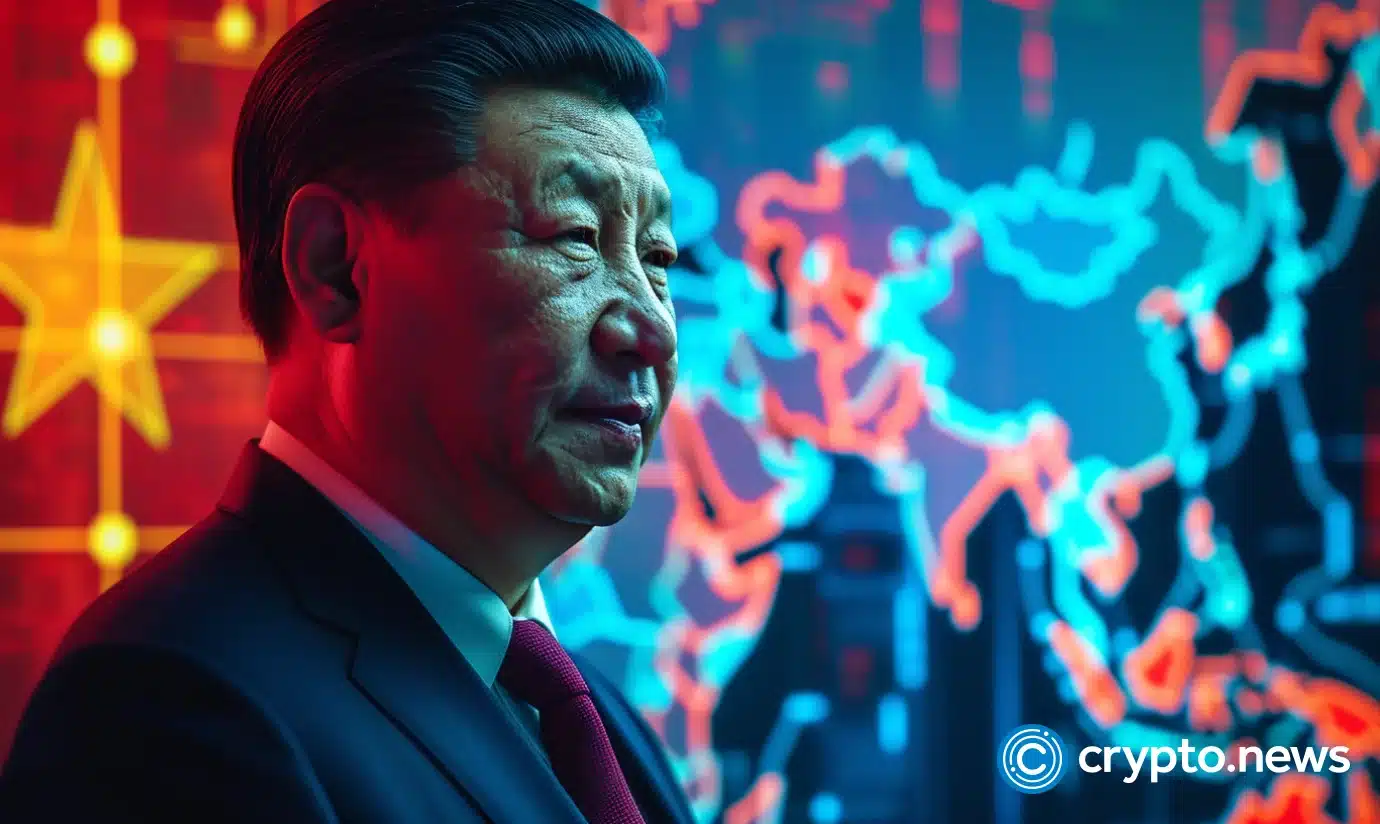Dalai Lama's 90th Birthday Celebrations

The Dalai Lama, the revered spiritual leader of Tibetan Buddhists, marked his 90th birthday with a week-long series of celebrations culminating on Sunday. These significant events took place in Dharamshala, the tranquil Indian town nestled in the foothills of the Himalayas, which serves as his home in exile. Thousands of devoted followers from across the globe converged upon this scenic location to honor the Nobel laureate, who is widely regarded as one of the world's most influential religious figures. Among the attendees was long-time adherent and Hollywood actor Richard Gere, who participated in the festivities for the leader worshipped by millions of Tibetan Buddhists as the living manifestation of Chenrezig, the Buddhist god of compassion.
The birthday celebrations officially commenced on Monday, aligning with his 90th birthday according to the Tibetan calendar, six days before his Gregorian calendar birthday on Sunday. Throughout the week, hundreds of red-robed monks and nuns, enduring incessant rain, processed through the narrow streets of Dharamshala towards the main Dalai Lama temple, where the spiritual leader delivered a special speech. On the eve of his Gregorian birthday, the Dalai Lama expressed a profound wish to continue living for many more decades, specifically aspiring to reach the remarkable age of 130.
Tenzin Gyatso, who assumed the role as the 14th reincarnation of the Dalai Lama in 1940, was compelled to flee his native Tibet in 1959. This followed a failed uprising against Chinese rule, leading him and hundreds of thousands of Tibetans to seek refuge in India. China has consistently labeled the Dalai Lama as a separatist and has sought to exert control over Tibetan Buddhism, aiming to bring it under its direct influence.
A pivotal moment during the week of celebrations involved the Dalai Lama explicitly addressing the long-standing speculation surrounding his succession. He confirmed that he would indeed have a successor after his passing, a declaration that put to rest years of uncertainty about whether he might be the last person to hold this sacred role, a tradition that spans over 600 years. Furthermore, he stirred political implications by stating that the next Dalai Lama should be chosen strictly in accordance with Buddhist traditions, signaling a clear message that China should refrain from interfering in the process of identifying his successor. He even broadened the scope, suggesting that his successor could be of any gender and not necessarily of Tibetan nationality.
This pronouncement immediately drew a sharp reaction from Beijing, which maintains that the succession process would inherently require approval from its leaders. In response to China's assertive stance, the United States has publicly called upon Beijing to cease its interference in the succession of the Dalai Lama and other Tibetan Buddhist lamas, highlighting the international dimension of this spiritual and political debate. In his birthday message, the Dalai Lama humbly described himself as "just a simple Buddhist monk," emphasizing his unwavering commitments to promoting human values, fostering religious harmony, drawing attention to ancient Indian wisdom concerning the workings of the mind and emotions, and preserving Tibetan culture and heritage, which he believes offers significant contributions to the world through its focus on peace of mind and compassion. India's Prime Minister Narendra Modi also extended his felicitations, praising the Dalai Lama as "an enduring symbol of love, compassion, patience and moral discipline" and noting that his message has inspired respect and admiration across diverse faiths, offering prayers for his continued good health and long life.












